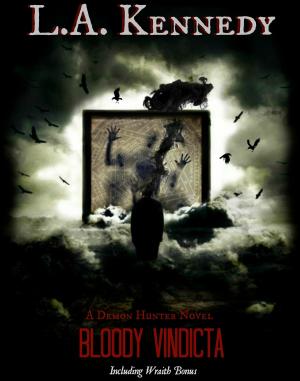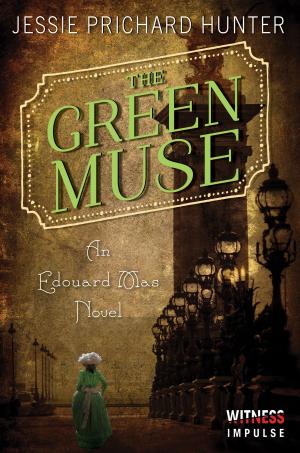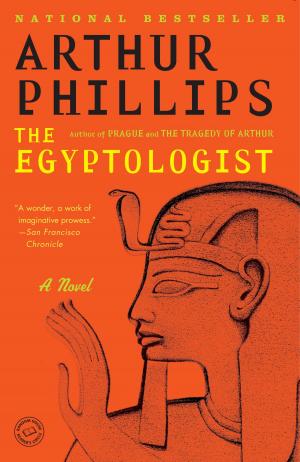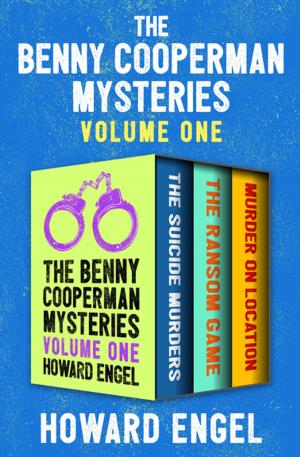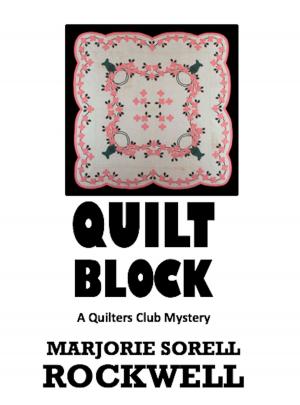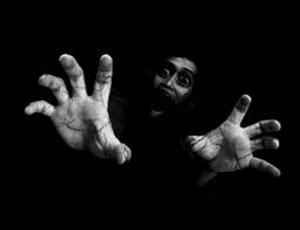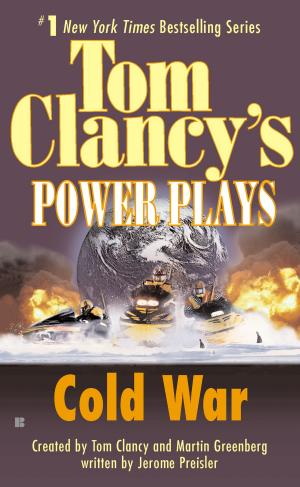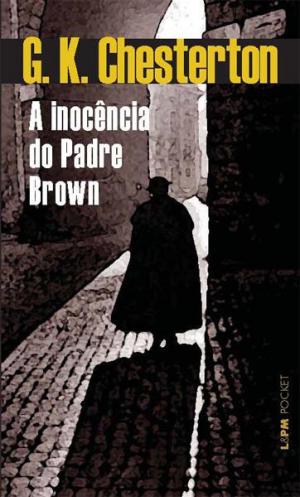| Author: | Meyer Levin | ISBN: | 9781941493038 |
| Publisher: | Fig Tree Books LLC | Publication: | April 14, 2015 |
| Imprint: | Fig Tree Books LLC | Language: | English |
| Author: | Meyer Levin |
| ISBN: | 9781941493038 |
| Publisher: | Fig Tree Books LLC |
| Publication: | April 14, 2015 |
| Imprint: | Fig Tree Books LLC |
| Language: | English |
Judd Steiner and Artie Straus have it all: wealth, intelligence, and the world at their feet as part of the elite, upper-crust Jewish community of 1920s Chicago. Artie is handsome, athletic, and popular, but he possesses a hidden, powerful sadistic streak and a desire to dominate. Judd is a weedy introvert, a genius who longs for a companion whom he can idolize and worship. Obsessed with Nietzsche’s idea of the superhuman, both boys decide to prove that they are above the laws of man by arbitrarily picking and murdering a Jewish boy in their neighborhood.
This new edition of Meyer Levin's classic literary thriller Compulsion reintroduces the fictionalized case of Leopold and Loeb once considered the "crime of the century" to a new generation. This incisive psychological portrait of two young murderers seized the imagination of an era and is generally recognized as paving the way for the first non-fiction novel. Compulsion forces us to ask what drives some further into darkness, and some to seek redemption.
Heartbreaking as it is gripping, Compulsion is written with a tense and penetrating force that led the Los Angeles Times to call Levin, the most significant Jewish writer of his times.”
This new edition of Meyer Levin's classic literary thriller Compulsion reintroduces the fictionalized case of Leopold and Loeb once considered the "crime of the century" to a new generation. This incisive psychological portrait of two young murderers seized the imagination of an era and is generally recognized as paving the way for the first non-fiction novel. Compulsion forces us to ask what drives some further into darkness, and some to seek redemption.
Heartbreaking as it is gripping, Compulsion is written with a tense and penetrating force that led the Los Angeles Times to call Levin, the most significant Jewish writer of his times.”
Judd Steiner and Artie Straus have it all: wealth, intelligence, and the world at their feet as part of the elite, upper-crust Jewish community of 1920s Chicago. Artie is handsome, athletic, and popular, but he possesses a hidden, powerful sadistic streak and a desire to dominate. Judd is a weedy introvert, a genius who longs for a companion whom he can idolize and worship. Obsessed with Nietzsche’s idea of the superhuman, both boys decide to prove that they are above the laws of man by arbitrarily picking and murdering a Jewish boy in their neighborhood.
This new edition of Meyer Levin's classic literary thriller Compulsion reintroduces the fictionalized case of Leopold and Loeb once considered the "crime of the century" to a new generation. This incisive psychological portrait of two young murderers seized the imagination of an era and is generally recognized as paving the way for the first non-fiction novel. Compulsion forces us to ask what drives some further into darkness, and some to seek redemption.
Heartbreaking as it is gripping, Compulsion is written with a tense and penetrating force that led the Los Angeles Times to call Levin, the most significant Jewish writer of his times.”
This new edition of Meyer Levin's classic literary thriller Compulsion reintroduces the fictionalized case of Leopold and Loeb once considered the "crime of the century" to a new generation. This incisive psychological portrait of two young murderers seized the imagination of an era and is generally recognized as paving the way for the first non-fiction novel. Compulsion forces us to ask what drives some further into darkness, and some to seek redemption.
Heartbreaking as it is gripping, Compulsion is written with a tense and penetrating force that led the Los Angeles Times to call Levin, the most significant Jewish writer of his times.”

